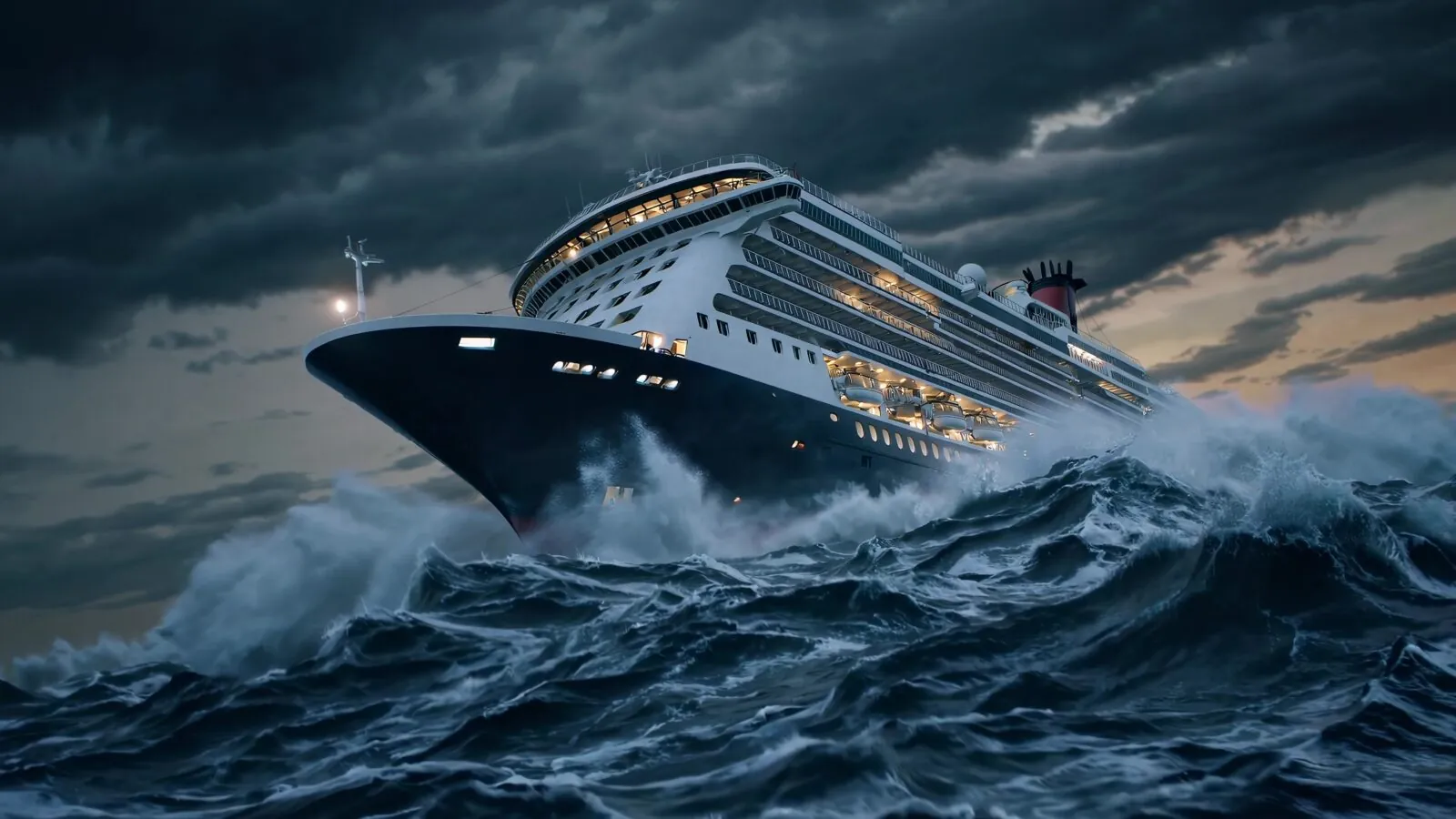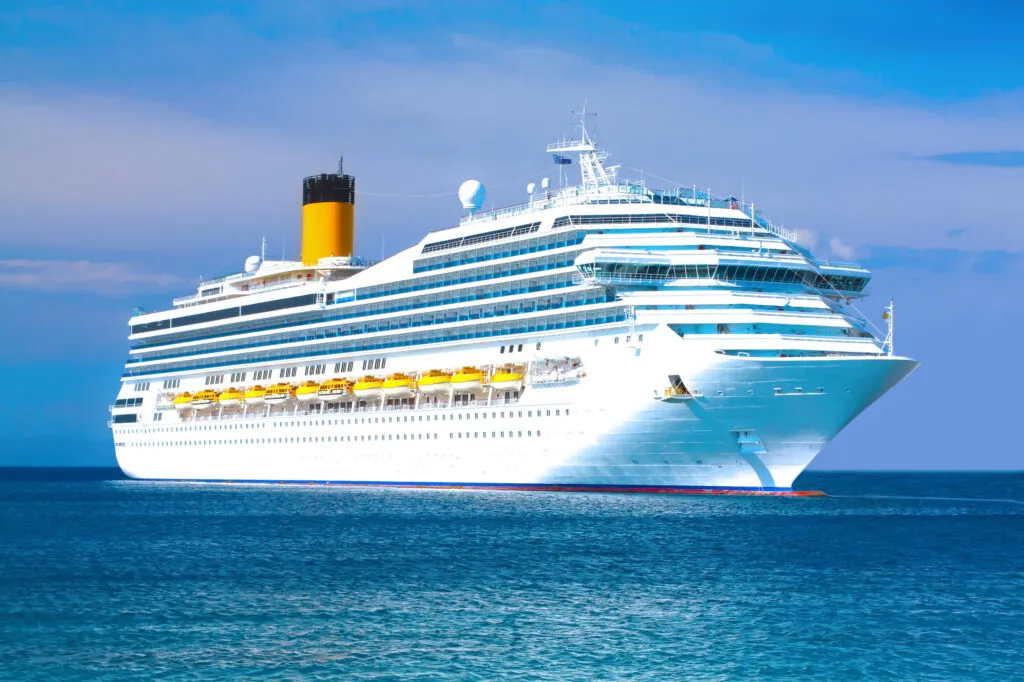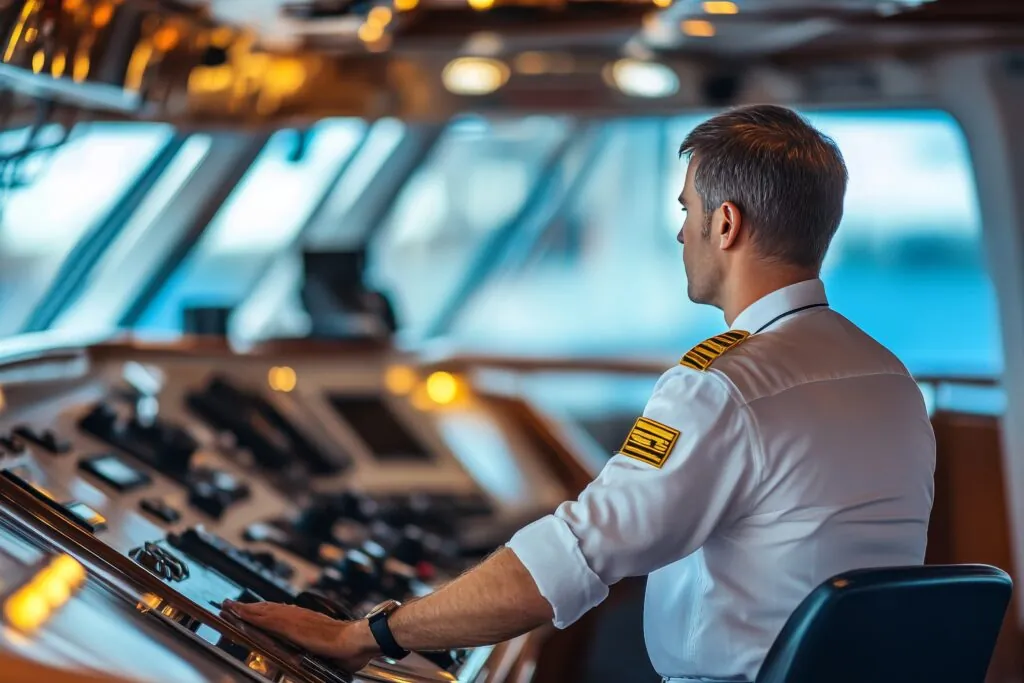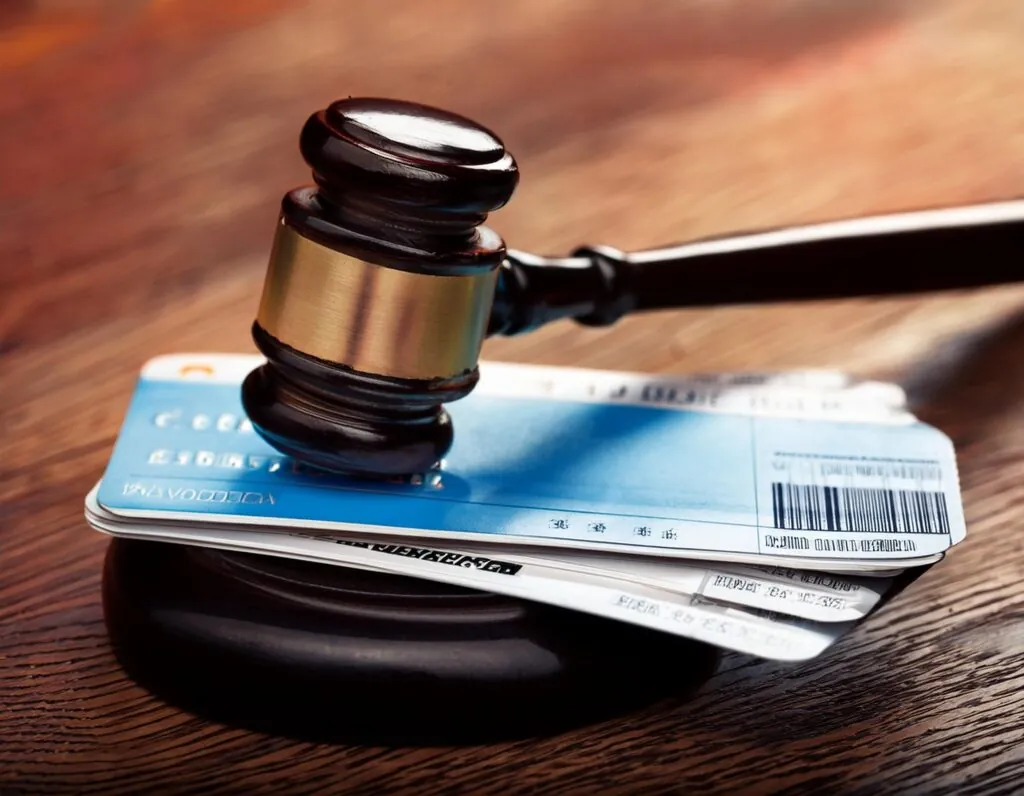Cruise vacations are often synonymous with relaxation, entertainment, and breathtaking ocean views. However, what happens when extreme weather conditions disrupt these floating resorts? From hurricanes and rogue waves to heavy fog and storm surges, unpredictable weather can pose serious threats to both passengers and crew members.
Understanding the risks, safety measures, and real-life incidents associated with weather-related cruise ship accidents can help travelers make informed decisions. In this comprehensive guide, we explore past disasters, how cruise ships navigate extreme weather, and what passengers should do in emergencies.
The Reality of Weather-Related Cruise Ship Accidents
While cruise ships are designed to handle turbulent seas, extreme weather conditions have historically led to serious accidents. Some incidents involve damage to the vessel, while others have resulted in passenger injuries and even loss of life.
Notable Cruise Ship Accidents Due to Weather
MS Prinsendam (1980) – A fire broke out on this cruise liner during a storm in the Gulf of Alaska. The storm complicated rescue efforts, but all 519 passengers and crew were saved.
Louis Majesty (2010) – This ship was hit by a rogue wave measuring 26 feet, shattering glass and killing two passengers.
Viking Sky (2019) – Engine failure during a storm off Norway’s coast left the ship stranded, forcing a dramatic airlift rescue of over 470 passengers.
Carnival Sunshine (2023) – Extreme weather rocked this cruise, causing massive flooding on deck and terrifying passengers.
How Often Do Cruise Ships Encounter Extreme Weather?
Cruise ships typically avoid bad weather by tracking storm patterns in advance. However, sudden weather changes can still create dangerous conditions. Studies show that large storms impact cruise routes at least 20-30 times per year, sometimes leading to itinerary changes.
How Cruise Ships Handle Extreme Weather Conditions
Modern cruise ships are equipped with advanced technology and emergency procedures to handle extreme weather conditions.
Navigation Technology & Storm Avoidance
Ships rely on:
- Satellite-based radar to monitor storm development.
- Real-time weather updates to modify routes.
- Stabilizers that minimize the impact of rough seas.
Example: When Hurricane Dorian threatened the Bahamas in 2019, cruise lines altered or canceled itineraries, prioritizing passenger safety.
Case Study: How a Cruise Ship Successfully Navigated a Hurricane
In 2016, Anthem of the Seas encountered a powerful storm off the East Coast of the U.S. Despite 100 mph winds and 30-foot waves, the ship’s captain used advanced navigation tools to adjust speed and minimize passenger discomfort. While some damage occurred, the ship avoided catastrophe.
Major Weather Hazards for Cruise Ships
Hurricanes & Cyclones
Hurricanes form over warm ocean waters and can create massive waves, high winds, and heavy rainfall.
- Cruise lines closely monitor hurricane season (June to November) to adjust itineraries.
- If a hurricane is unavoidable, ships reduce speed, change course, or move away from the storm’s center.
Worst Hurricane-Related Cruise Incidents
- Norwegian Dawn (2005) – Encountered a freak wave caused by a hurricane, leading to flooding and damage.
- Horizon (1992) – Caught in Hurricane Andrew, resulting in major structural damage.
Rogue Waves & Ship Stability
Rogue waves are massive, unpredictable waves that can reach over 100 feet. These waves can impact even the largest cruise ships.
- Ships are built to withstand high-pressure impacts, but sudden rogue waves can still break windows, cause flooding, and injure passengers.
Heavy Fog & Navigation Challenges
Dense fog reduces visibility, making navigation difficult. Ships use radar and foghorns to avoid collisions, but delays and slow speeds are common in heavy fog conditions.
Wind Shear & High-Velocity Winds
Sudden bursts of strong wind can:
- Make it difficult for ships to dock safely.
- Create turbulence, causing passengers to feel unstable.
- Shift ship movement unexpectedly.
Storm Surges & Sudden Flooding
Storm surges cause sudden rises in ocean levels, making some ports inaccessible. Ships may reroute or delay arrivals to avoid being stranded.
Passenger Safety During Severe Weather
Despite safety measures, passengers should be prepared when traveling on a cruise during storm season.
Cruise Ship Emergency Protocols
Lifeboat drills: Every cruise begins with a mandatory drill to ensure passengers know what to do in an emergency.
Emergency alerts: Ships use alarms, PA systems, and crew announcements to keep passengers informed.
Evacuation plans: In extreme cases, passengers may be airlifted off the ship.
What to Do if Your Cruise Encounters a Storm
Follow crew instructions – They are trained for emergency scenarios.
Stay indoors – Avoid outdoor decks, which become slippery and dangerous.
Brace yourself – Hold onto railings and furniture during rough seas.
Prepare for motion sickness – Keep medication handy if you experience nausea.
Wear appropriate clothing – Heavy wind and rain may require warm layers.
Investigating Common Myths About Cruise Ship Disasters
Can a cruise ship capsize in a storm?
It’s extremely unlikely due to their low center of gravity and stabilizers.
How often do rogue waves hit cruise ships?
Rare, but ships have been hit in the past. They are designed to withstand strong impacts.
Have modern cruise ships ever sunk due to weather?
No major modern cruise ship has sunk solely due to weather. However, storms can contribute to accidents.
The Future of Cruise Safety in an Era of Climate Change
As climate change affects ocean temperatures, storm intensity is increasing. The cruise industry is adapting by:
- Developing stronger ship designs that can better handle extreme conditions.
- Enhancing weather prediction technology for more accurate forecasting.
- Modifying cruise routes to avoid regions with increasing storm activity.
Experts predict that hurricane seasons may last longer, requiring the cruise industry to innovate and improve safety measures.
Contact The Cruise Injury Law Firm Today
While cruise lines prioritize passenger safety, accidents can still happen. If you or a loved one suffered an injury due to negligence, unsafe conditions, or inadequate response to extreme weather, you may be entitled to compensation.
Contact The Cruise Injury Law Firm today to understand your rights and explore legal options. Don’t wait – protect your rights. Consult an attorney specializing in cruise ship accidents.




